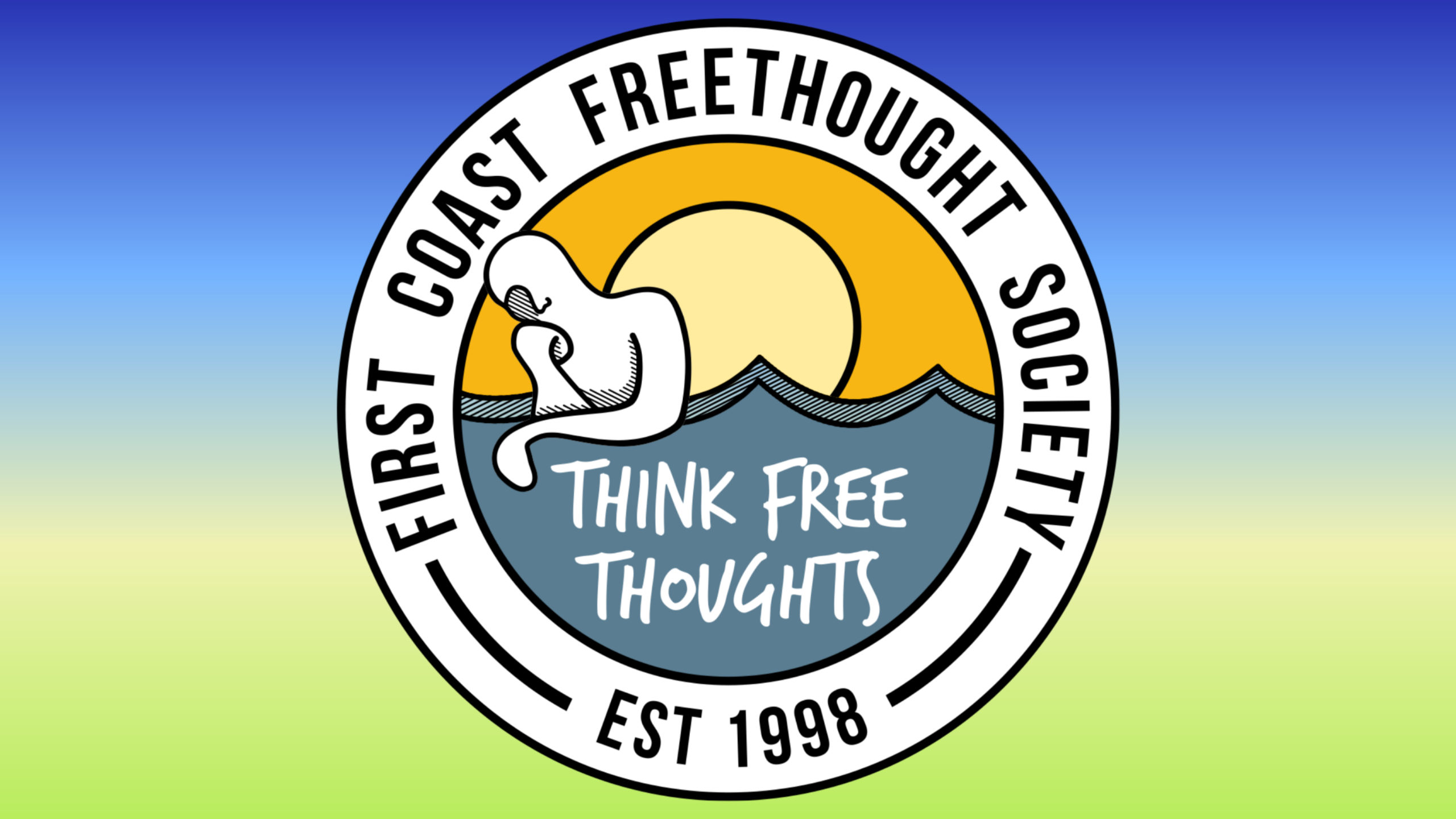The following definitions of the terms shown are intentionally short but we believe accurate. If not, please let us know. We encourage further reading and understanding than we offer here. This list is a work in progress! Please let us know if you have a correction or a term you would like us to add to this list.
Atheist. A person without belief in any theistic description of life.
Agnostic. A person who identifies as one who can neither prove nor disprove the existence of God and does not ascribe to any religious doctrine.
Agnoptimist. A person who cannot prove nor disprove the existence of God, but is hoping for the best.
Anti-Theist. A person who actively opposes any theistic description of life.
Belief. A feeling of certitude that something is true, exists, or is real.
Believer. One who feels a specified thing is true, especially an adherent of a particular religion.
Critical Thinking. Essentially, what you think about your own thoughts. More specifically, metacognition and overcoming your bias, through purposeful interpretation, analysis, evaluation, and inference, furthered through explanation of the evidential, conceptual, methodological, or contextual considerations upon which your judgment is based. In other words, what you think about your own thoughts.
Deism. A belief in an impersonal god who created all things and beings but has no intention to have a personal relationship with humans.
Denomination. A recognized autonomous branch of the Christian Church. Also, the face value of money.
Epistemology. A philosophical study regarding knowledge.
Freethinker. A person who develops independent ideas, opinions, and beliefs, rather than accepting those of others, particularly in religious teaching.
Freethought. A philosophical viewpoint where beliefs, opinions, and facts are best determined through logic, reason, and empirical observation.
God. A religious creation with omnipotent power and supernatural authority of all things and beings seen and unseen.
Humanism. A philosophical description of life whose primary emphasis is the collective and individual value of human beings. Humanism is a progressive philosophy of life without theism or other supernatural beliefs, affirms one’s ability and responsibility to lead ethical lives of personal fulfillment that aspire to the greater good.
Humanist. One who ascribes to Humanism.
Intelligence. The ability to acquire and apply knowledge.
Monotheism. A belief in one god.
Polytheism. A belief in many gods.
Theism. A belief in religious teachings regarding the existence of God or gods.
Theist. A person who believes in religious teachings regarding the existence of God or gods.
Think. To reason or consider.
Philosophy. The study of the fundamental nature of knowledge, reality, and existence. The term “philosophy” means “love of wisdom.”
Society. A collaborative effort of people who seek ways to benefit from each other that would not otherwise be possible on an individual basis.
Science. The systematic study of the structure and behavior of the natural and social worlds through observation and experiment.
Scientific methodology. Ways to further an idea through objective observation, measurement, experiment, testing, data, evidence and modification.
Skeptic. One who is routinely unsatisfied, doubts, and questions generally accepted conclusions. From Greek, skeptikos meaning “an inquirer.”
Social. To enjoy the company of others particularly as it relates to society.
Supernatural. A manifestation or event attributed to something other than scientific understanding or the laws of nature such as the divine, ghosts, and Superman.
Get Involved
A good way to stay informed about our upcoming activities is to join our Meetup® group.
Become a Member
Be a part of the First Coast Freethought Society of Jacksonville. Become a member today and meet friendly inquisitive people.
Make a Donation
Support the First Coast Freethought Society to strengthen secular advocacy and our volunteering efforts.
